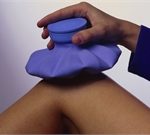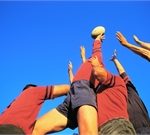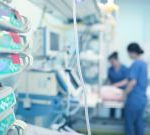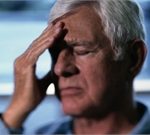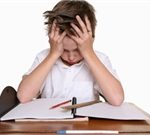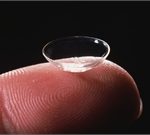
Microscopic bits of plastic have most likely taken up residence in all of the major filtering organs in your body, a new lab study suggests. Researchers found evidence of plastic contamination in tissue samples taken from the lungs, liver, spleen and kidneys of donated human cadavers. “We have detected these chemicals of plastics in every single organ that we have investigated,” said senior researcher Rolf Halden, director of the Arizona State University (ASU) Biodesign Center for Environmental Health Engineering. There’s long been concern that the chemicals in plastics could have a wide range of health effects ranging from diabetes and obesity to sexual dysfunction and infertility. But the presence of these microscopic particles in major organs also raises the potential that they could act as carcinogenic irritants in much the same way as asbestos, Halden explained. “It is not always necessarily the chemistry that harms us. Sometimes it’s the shape and the presence of foreign particles in our bodies,” Halden said. “We know the inhalation of asbestos leads to inflammation and that can be followed by cancer.” Previous research has shown that, on average, people ingest about 5 grams of plastic every week, the equivalent of a credit card, said Dianna Cohen, CEO of the nonprofit Plastic Pollution Coalition. “It’s heartening to see quality quantitative research being performed on humans to assess the cumulative harmful… read on >











